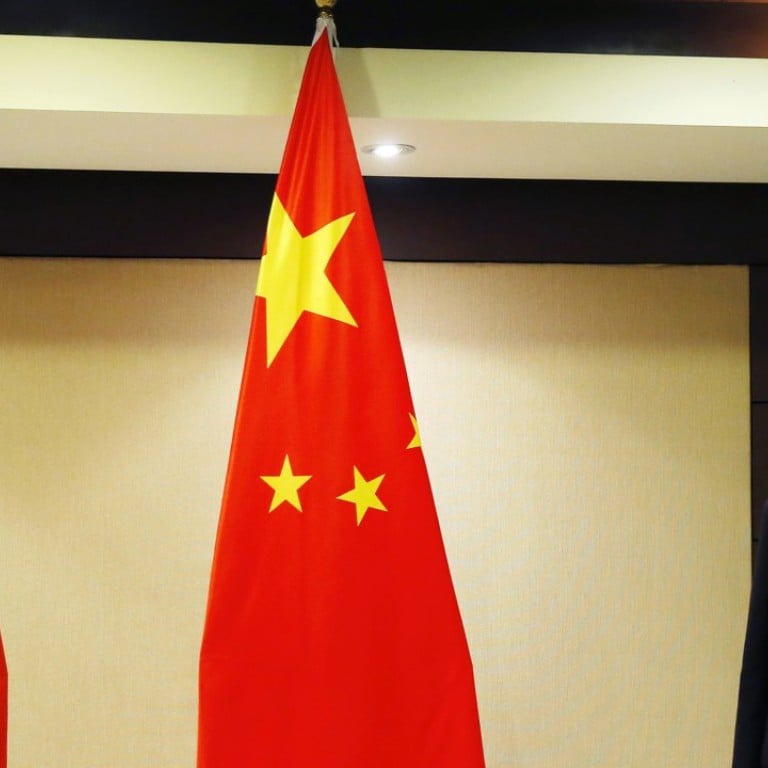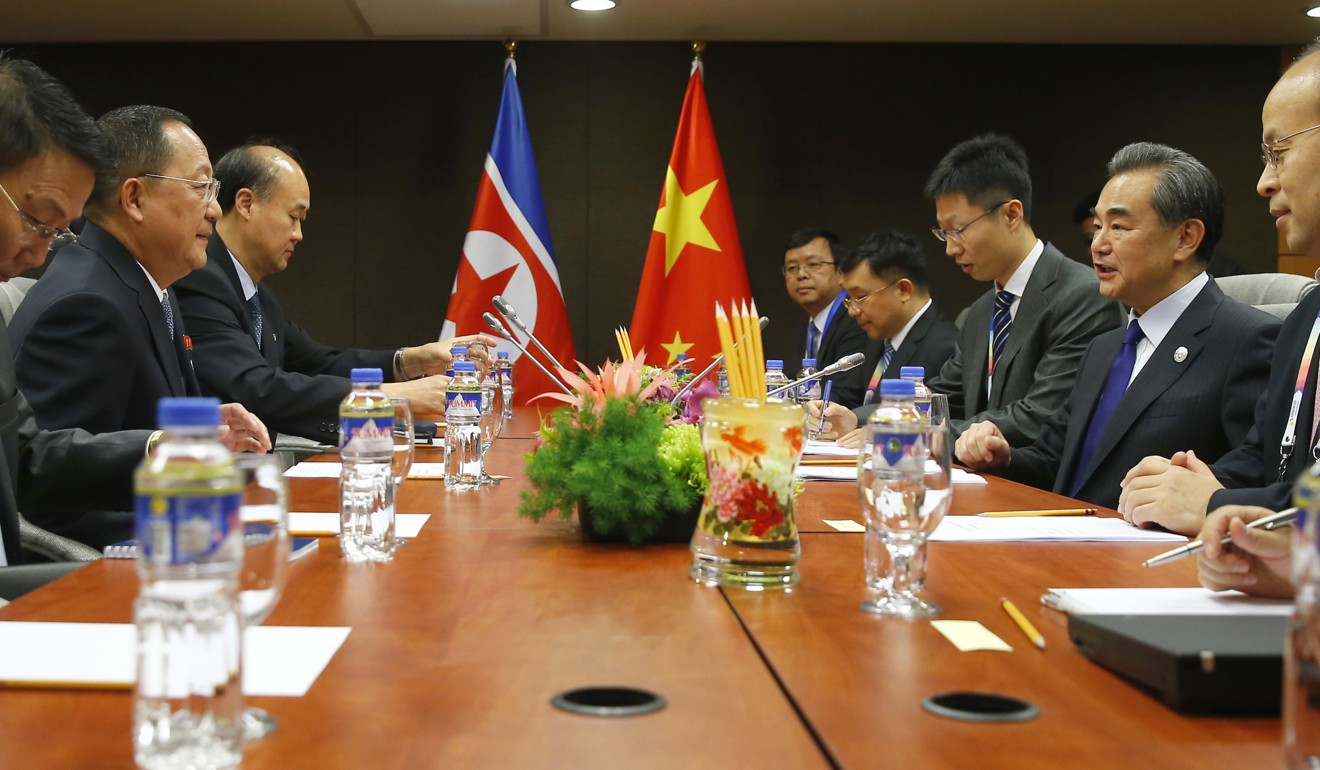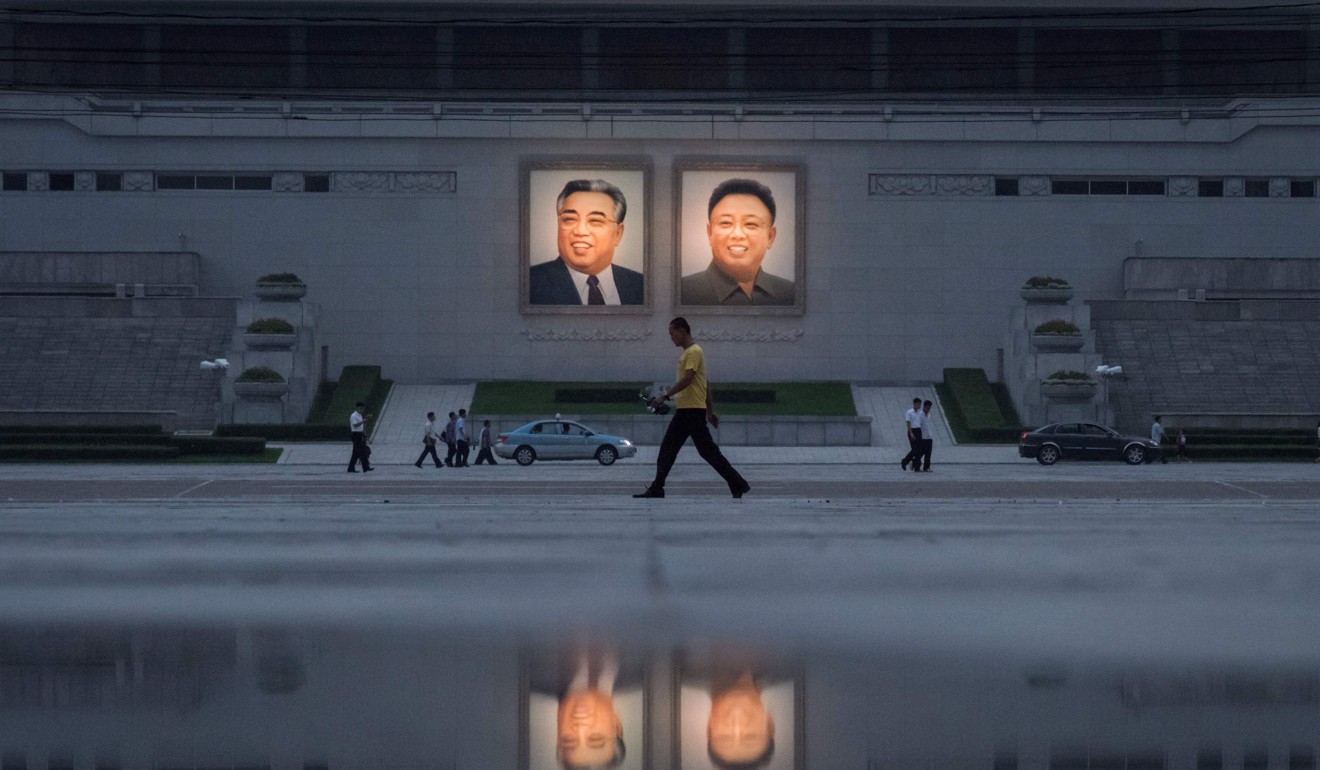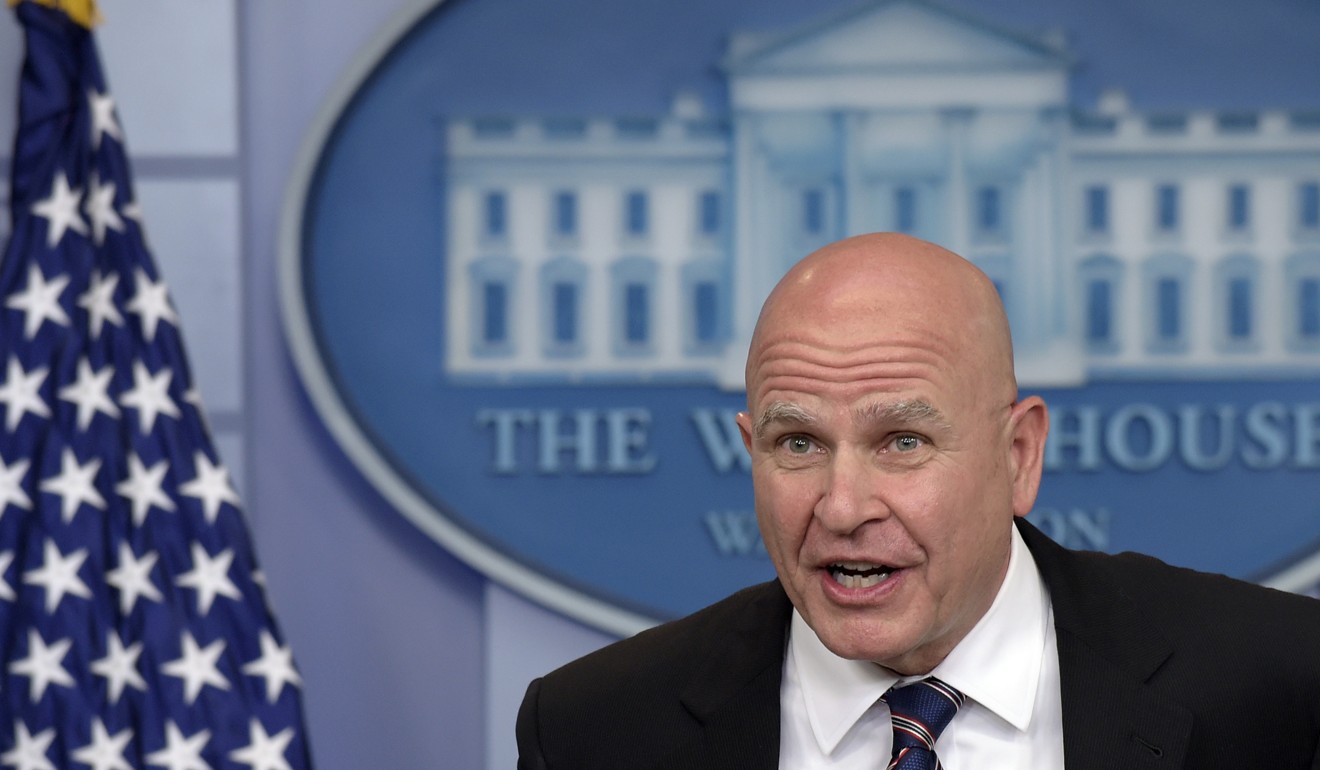
Analysts doubt new sanctions will stay Pyongyang’s hand
Observers say Security Council resolution is unlikely to make North Korea give up nuclear weapons programme
The United Nations Security Council has unanimously passed a resolution to expand sanctions aimed at cutting North Korea’s ability to fund its nuclear programme, but analysts are sceptical on how effective it will be.
The new resolution prohibits UN member states from buying coal, iron ore and other key commodities from North Korea, a move meant to cut the country’s export revenue by one third, or US$1 billion, annually, according to the Security Council. But the measure does not cover oil.
In a meeting in Manila hours after the adoption of the UN resolution on Sunday, Foreign Minister Wang Yi told his North Korean counterpart Ri Yong-ho that Pyongyang should stay calm.
“China urged the North Korean side to calmly face the new UN Security Council resolution, and not to do anything to violate it amid the strong opposition of the international community to [North Korea] launching a missile or [staging a] nuclear test,” Wang said after the meeting on the sidelines of the Association of Southeast Asian Nations’ foreign ministers meeting.

“The Korean peninsula has now reached a critical, near-crisis, point, but at the same time it could also be a turning point [for concerned countries] to make a decision on resuming [the stalled six-party] talks,” Wang said.
Wang later said it would not be easy to restart the multinational talks on North Korea’s nuclear programme, but that doing so should be the goal for all sides.
According to a statement from China’s foreign ministry, Ri reiterated Pyongyang’s stance on the nuclear issue, saying North Korea would stay in touch with Beijing.
Earlier in the day, Wang had said China played a “responsible and constructive” role in the decision to pass Resolution 2371, describing it at as “a necessary response” to North Korea’s violation of the council’s previous resolutions and its missile tests.
Wang also met US Secretary of State Rex Tillerson in Manila late yesterday. He said he and Tillerson reaffirmed full implementation of the UN resolution and hoped it would foster conditions for resuming dialogue.
US President Donald Trump commended China and Russia for their support on the US-drafted resolution,saying he “appreciates” their votes.
“The United Nations Security Council just voted 15-0 to sanction North Korea. China and Russia voted with us. Very big financial impact!” he tweeted.

Thomas Byrne, president of the New York-based The Korea Society, said the sanctions, if enforced, “are very significant”.
“They’re not self-sufficient in building nuclear bombs and ICBMs, so these sanctions are a big threat,” Byrne said.
Sun Xingjie, a North Korea specialist at Jilin University, said the latest sanctions would have a long-term impact on the North’s economy, but that he doubted they could force Pyongyang to give up its nuclear programme.
“Its economy is relatively closed. Previous rounds of sanctions were unprecedented on their own ... and North Korea’s nuclear weapons programme continues to make unprecedented inroads,” Sun said. “Nuclearisation is deemed the only means to safeguard stability to [North Korean leader] Kim Jong-un.”

Zhang Liangui, an observer of North Korea at the Central Party School, agreed the new measures would not put enough pressure on Pyongyang to make it change course. He said only complete sanctions might force North Korea to return to the negotiating table, but that China and Russia would not agree to force Pyongyang into such a corner.
“If the US found the Security Council’s sanctions ineffective, it might take unilateral sanction against countries, companies or individuals who trade with North Korea,” Zhang said. “If [that’s] still in vain, the US might resort to force.”

In an interview with MSNBC from last week broadcast on Saturday, US National Security Adviser H.R. McMaster said Trump was not ruling out a “preventive war” to stop North Korea from being able to threaten the US.
“If they had nuclear weapons that could threaten the United States, it’s intolerable from the president’s perspective,” McMaster said. “So, of course, we have to provide all options to do that, and that includes a military option.”
Additional reporting by Bloomberg, Agence-France Presse



